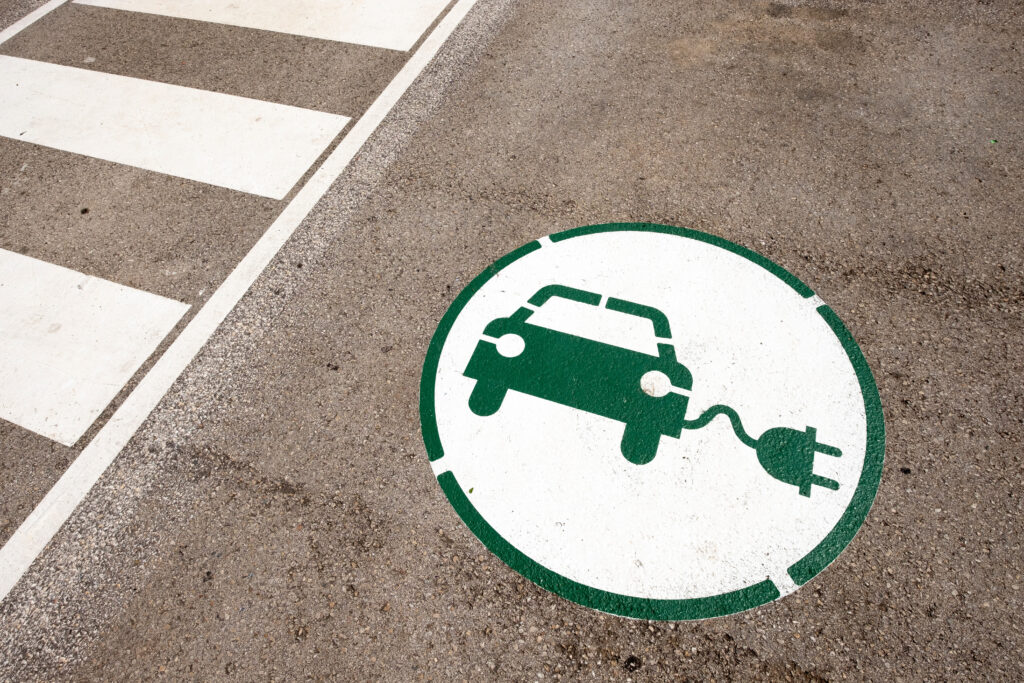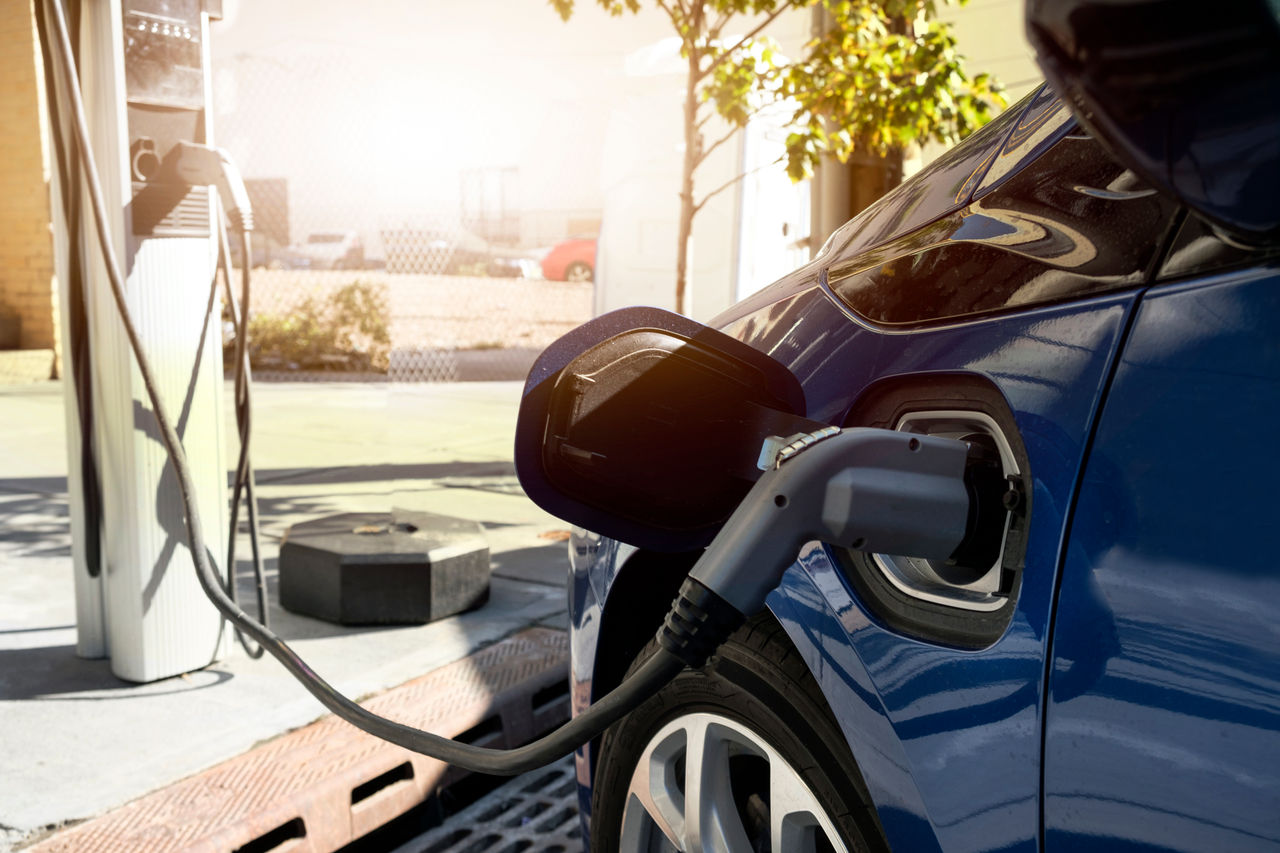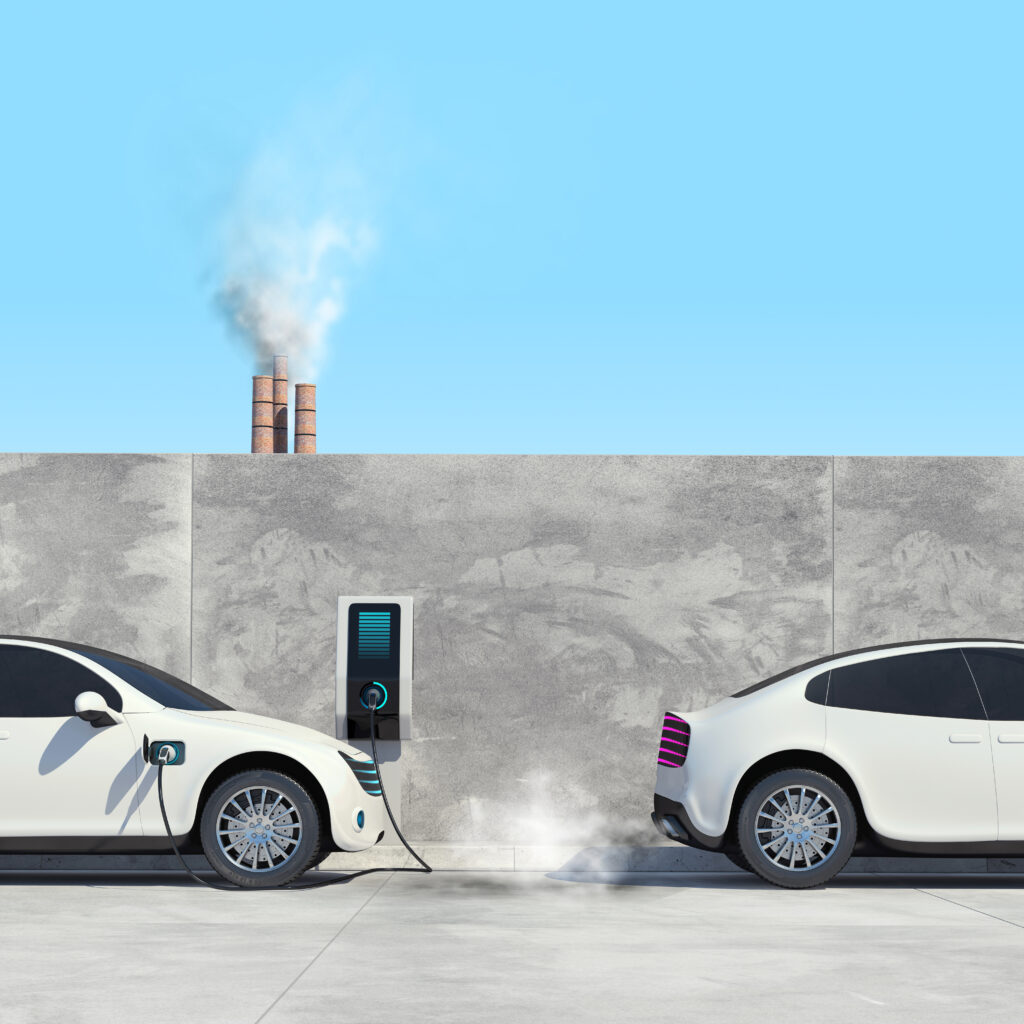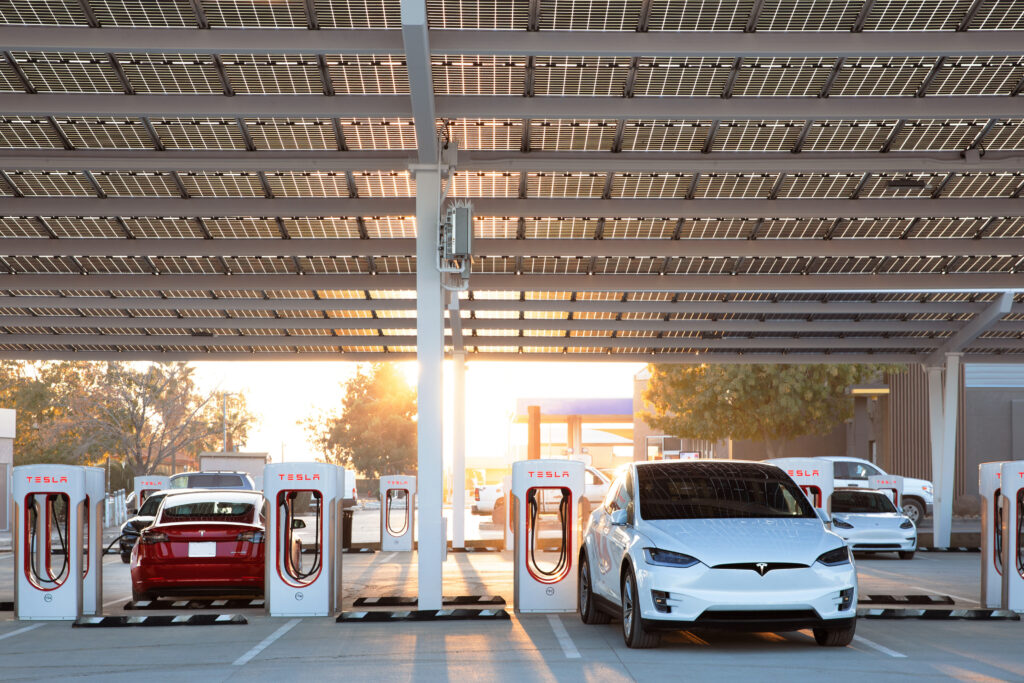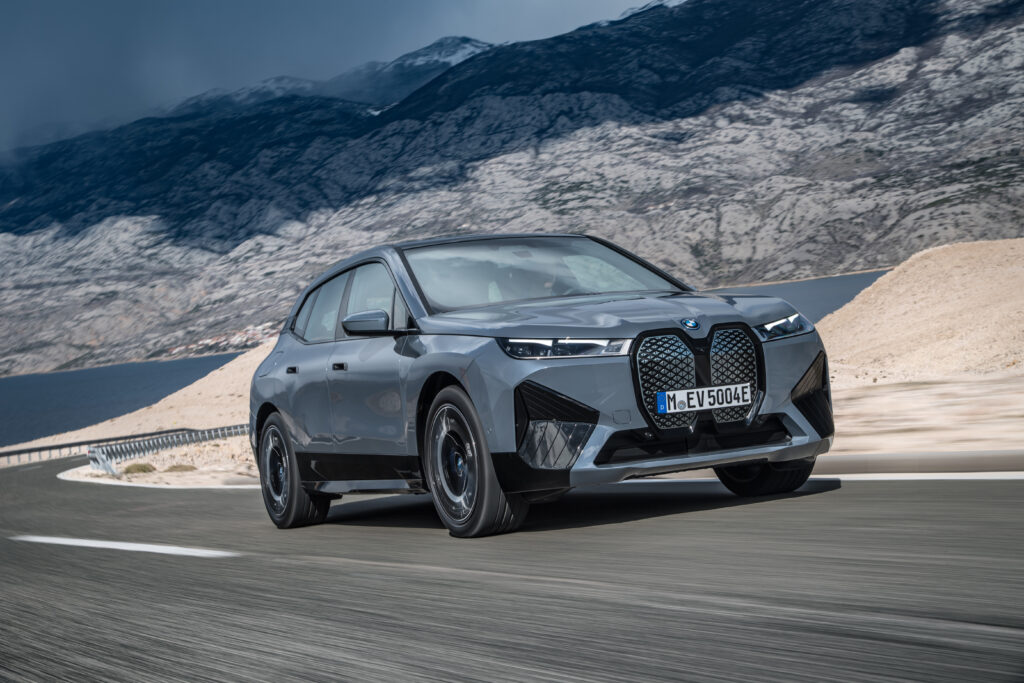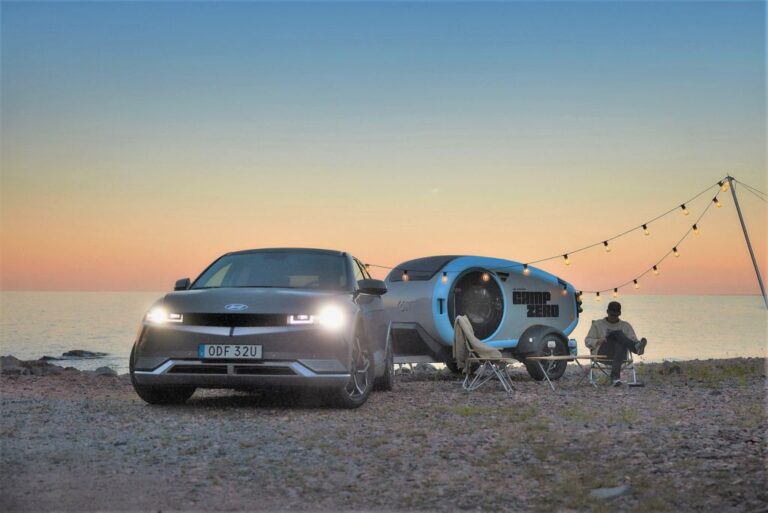
Imagine there is a power outage in your neighborhood, but you’re not worried because you can use your electric vehicle as an emergency generator to run your home’s refrigerator, TV and heating or air conditioning.
You could also use your car to help another stranded EV driver by giving that vehicle a charge, just like giving a jump to a gas-powered vehicle. Or use your EV to inflate air mattresses and pool floats on a camping trip.
These are just some of the possibilities with bidirectional charging.

What Is Bidirectional Charging?
Currently (pun intended), only a few vehicles can be turned into four-wheeled generators, including the Ford F-150 Lightening, Nissan Leaf, Hyundai Ioniq 5 and 6, Genesis GV60, Kia EV6 and Niro, and Mitsubishi Outlander plug-in hybrid and VW ID.4.
More models will have bidirectional power soon. GM is making the technology standard in 2024 models, including the Chevrolet Blazer EV, Equinox EV and Silverado EV EST, and in Cadillac’s new all-electric SUV, the 2025 Escalade IQ.
Tesla plans to support the technology starting with 2025 models, and other manufacturers including BMW are actively researching it. Volvo has invested in a Canada-based maker of bidirectional power equipment, so it seems likely future models will feature the technology.
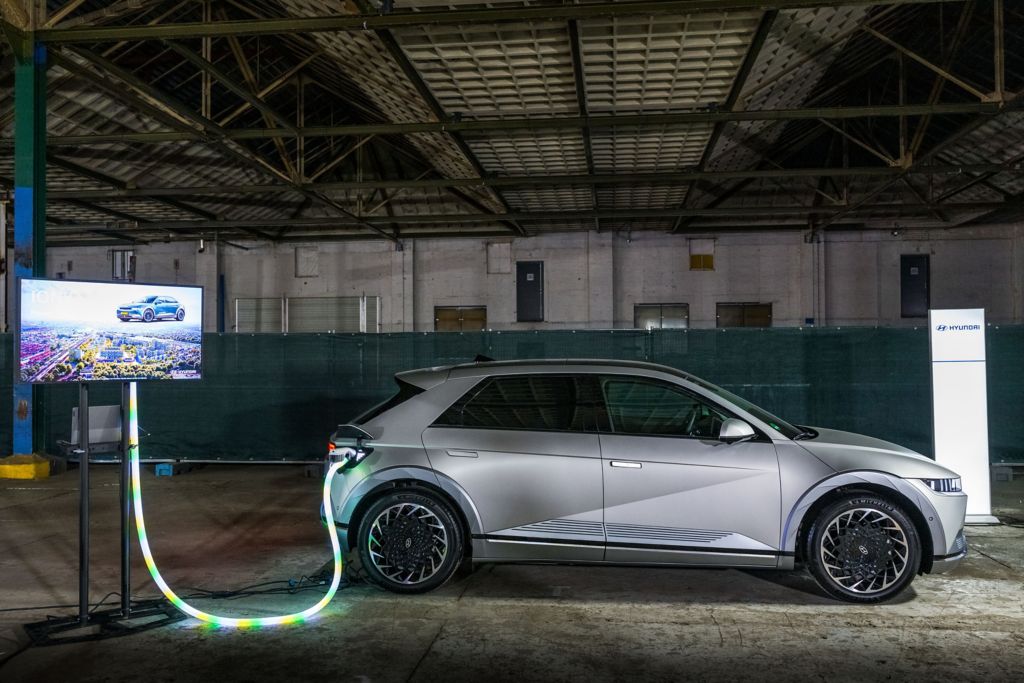
How To Use Bidirectional Charging
Not every EV with bidirectional capability can do all kinds of power generation, and some require a separate bidirectional charger, which could get pricey. It’s not simple. But then again, neither are EV charging times and power levels.
- Vehicle to Home/Vehicle to Building (V2H/V2B) – This type of bidirectional power can turn your car into a power source during local outages. You could also lower your electric bill by charging the vehicle at lower off-peak hours and using the EV to power the house at peak-demand hours.
- Vehicle to Grid (V2G) – Send electricity back to the utility, as homeowners with solar panels do. Since you are paid with the energy you provide to the network, that also helps lower utility bills, especially if you have both solar and bidirectional power. A University of Delaware study shows savings of roughly $1,200 a year.
- Vehicle to Load (V2L) and Vehicle to Everything (V2X) – Power just about any conventional appliance, outdoor lighting, power tool computer or other electronic devices.
- Vehicle to Vehicle (V2V) – Provide power to another EV.
Learn more about bidirectional power with this guide from the U.S. Department of Energy.
Limits of Bidirectional Charging
As with fast charging, regular use of bidirectional charging is not recommended because of the wear and tear on batteries. The manufacturer’s operating manual is always the best guide.
AAA’s Recommendation: Whether you own an electric vehicle or a gas-powered car is up to you – and you should consider lots of factors in making that choice. No matter what type of vehicle you’re choosing, we recommend visiting a dealership, test driving one, and asking as many questions as possible to make an informed decision.

